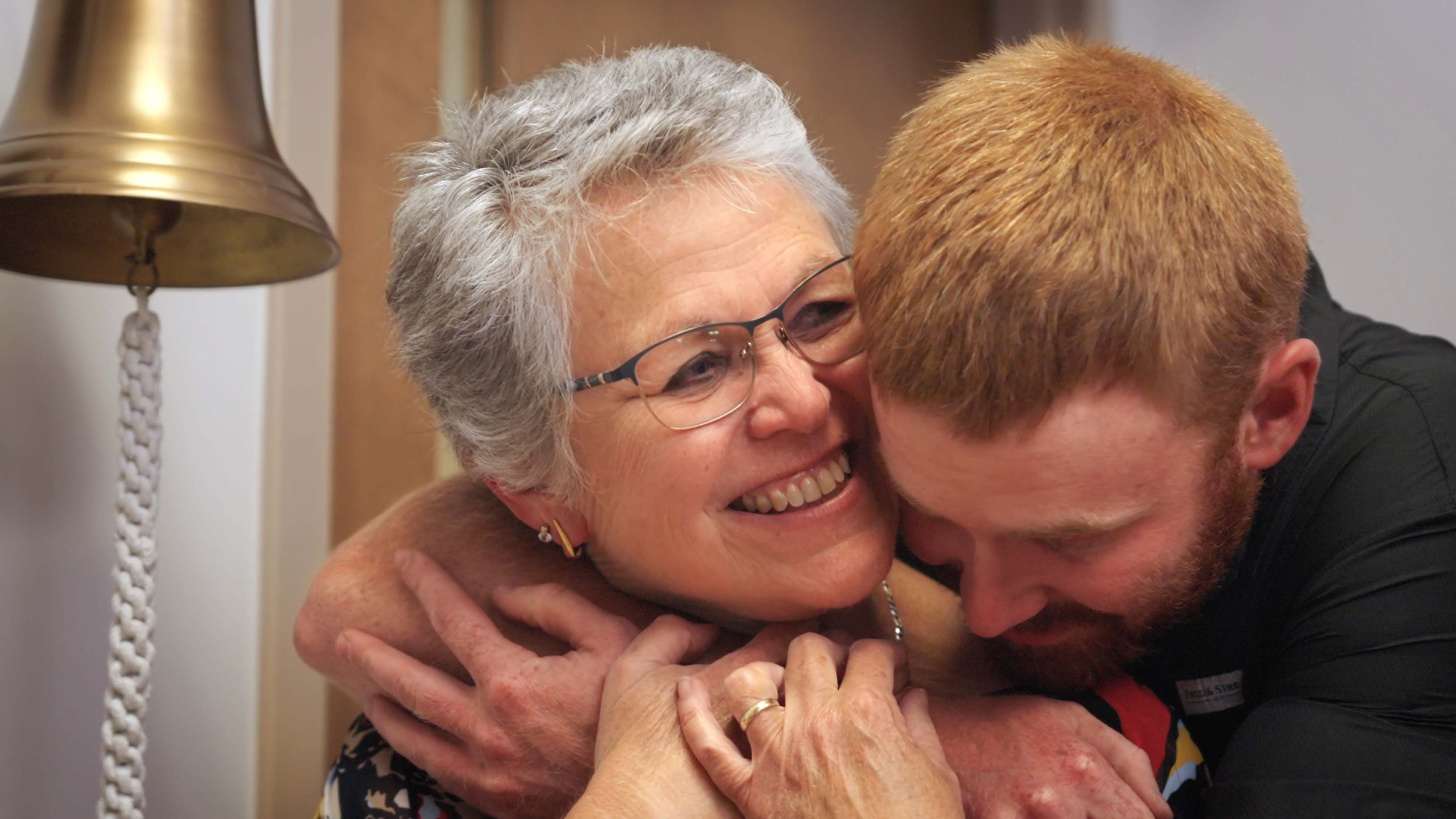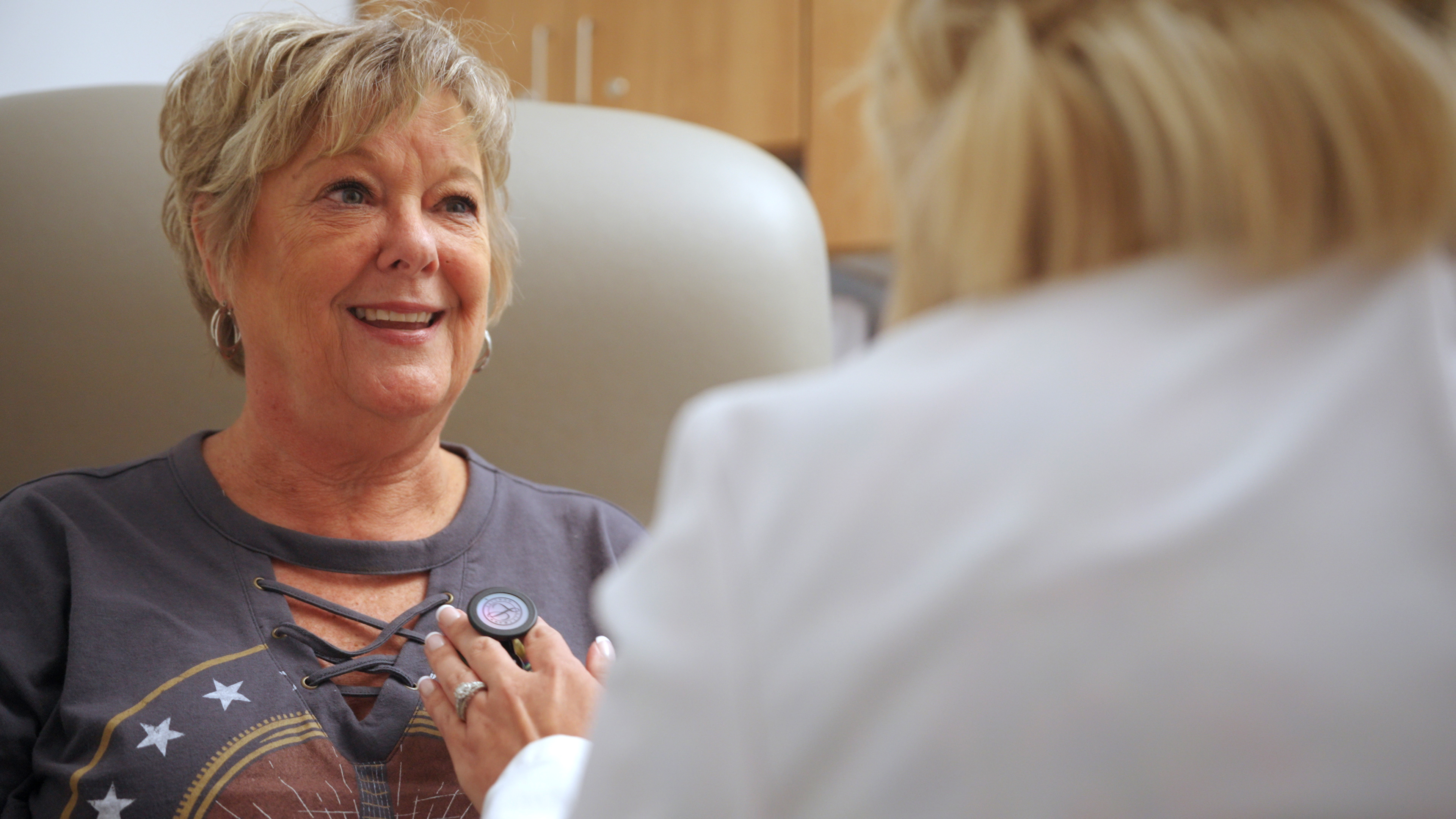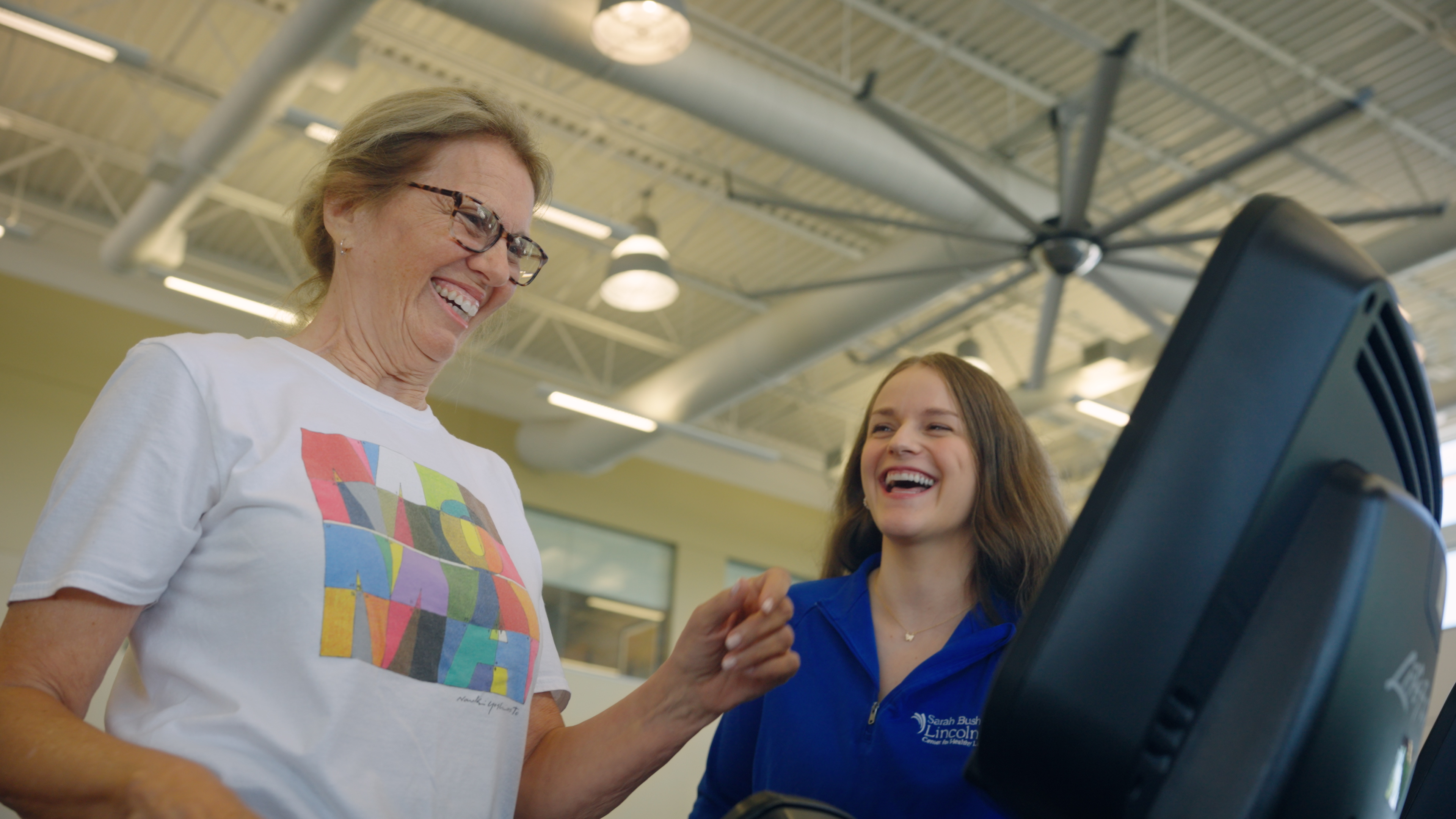As families gather in person or virtually this holiday season, it is a perfect time talk about what really matters when it comes to your healthcare and your wishes for intervention.
In recognition of National Home Care and Hospice month, Sarah Bush Lincoln is encouraging families to open a dialogue about how they want their healthcare wishes to be carried out in the event they cannot make the decisions for themselves. It is also encouraging people of all ages to complete an Advance Directive so families do not have to struggle to make difficult decisions.
SBL Pulmonologist Jeremy Topin, MD, said that when he was a young intern, his wife’s grandfather was critically ill with food poisoning and pneumonia. He had discussed his wishes of not being intubated or resuscitated, but in this situation the family didn’t know what to do since he was not terminally ill. They choose to provide life-saving measures. Grandpa recovered yet to their surprise, he felt he had been clear about his wishes and they made the wrong decision.
Dr. Topin and Lincolnland Hospice Social Worker Katie Brown both agree that having the discussion about how someone wants to live is important to have long before they are in a health crisis. Dr. Topin often cares for people in critical care and sees this scenario often. “It’s the rare critically ill patient who can make their own decisions, so we’re often asking family members or loved ones to speak for them. If there haven’t been discussions, their wishes are often unclear.”
Brown added, “In the last days of a loved one’s life is not the time to make these emotional and stressful decisions. It should be a time to recall fond memories with your family. You will never have these moments again.”
Advance Directive planning includes learning about the decisions that might need to be made if critically ill, considering those decisions ahead of time and communicating those wishes to loved ones. Decisions might include use of: CPR (cardiopulmonary resuscitation), ventilator, artificial nutrition (tube feeding), artificial hydrations (IV fluids) and comfort care measures.
Important documents to include in an Advance Directive are a Living Will and Healthcare Power of Attorney. These documents can be found at www.sarahbush.org/advancedirective
Dr. Topin and Brown discuss this more fully in a video that can be found on the same site as well as Facebook on November 27.
For more information about an Advance Directive, contact Katie Brown at SBL Lincolnland Hospice at 800 454-4055.









